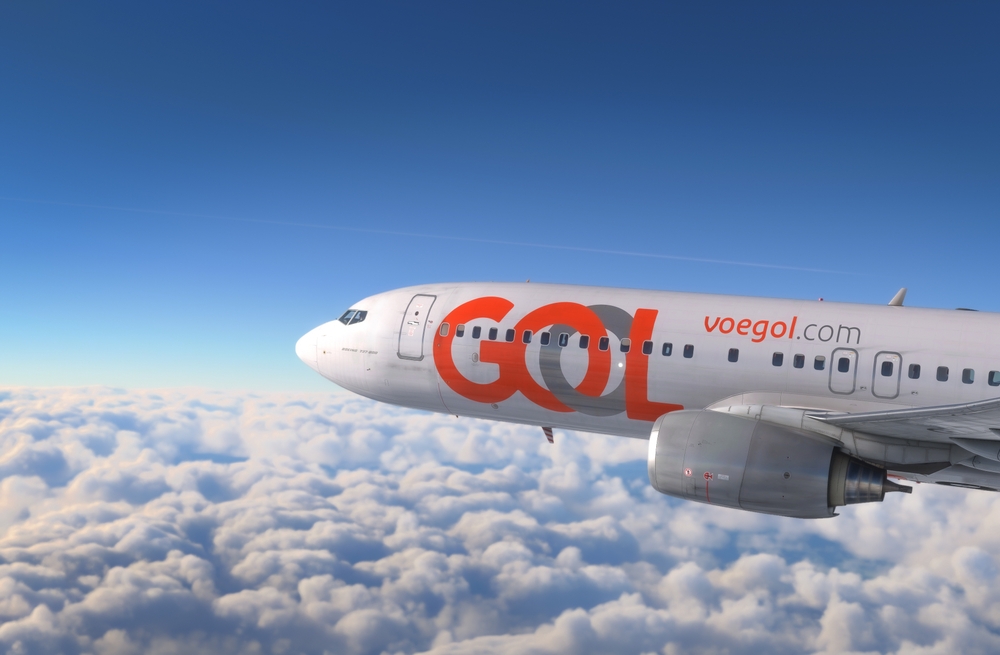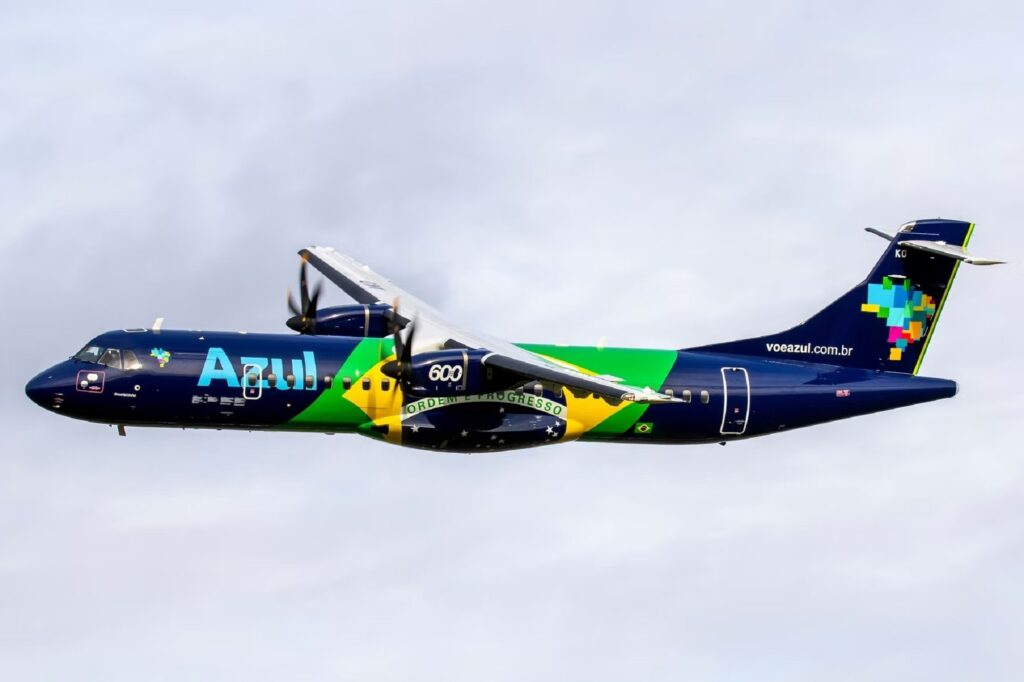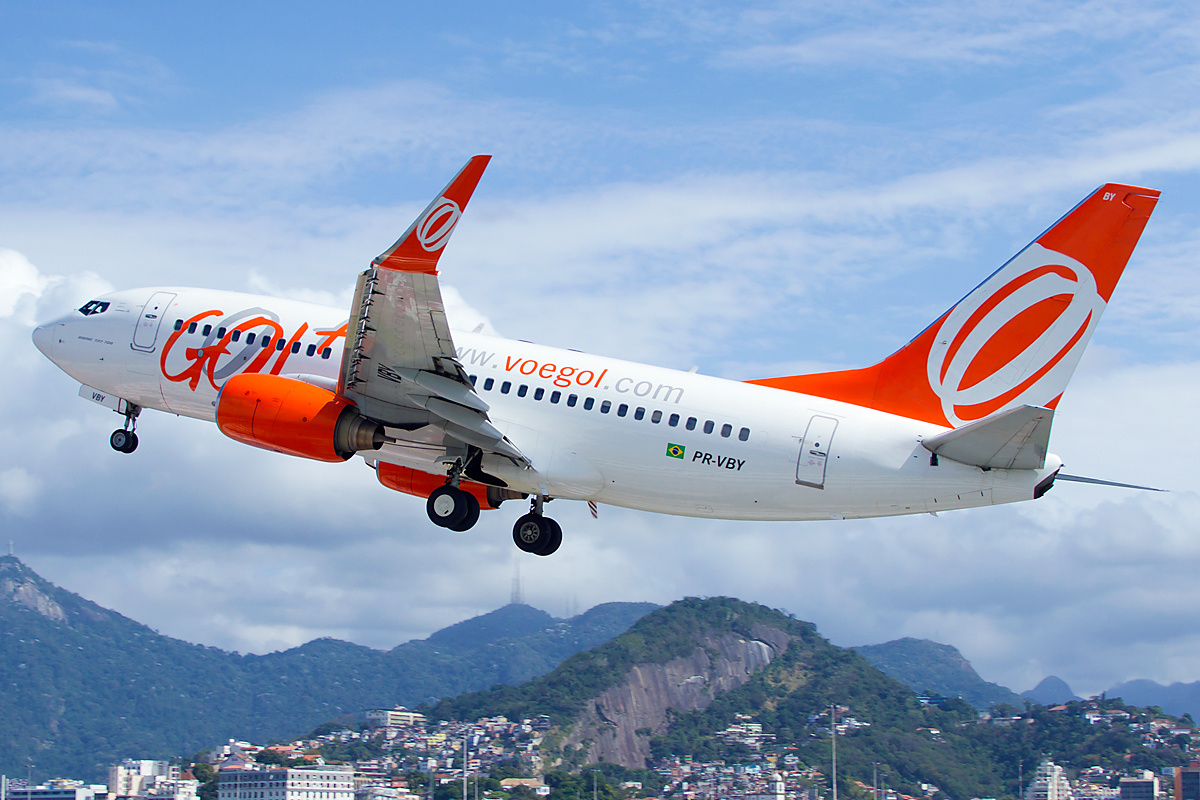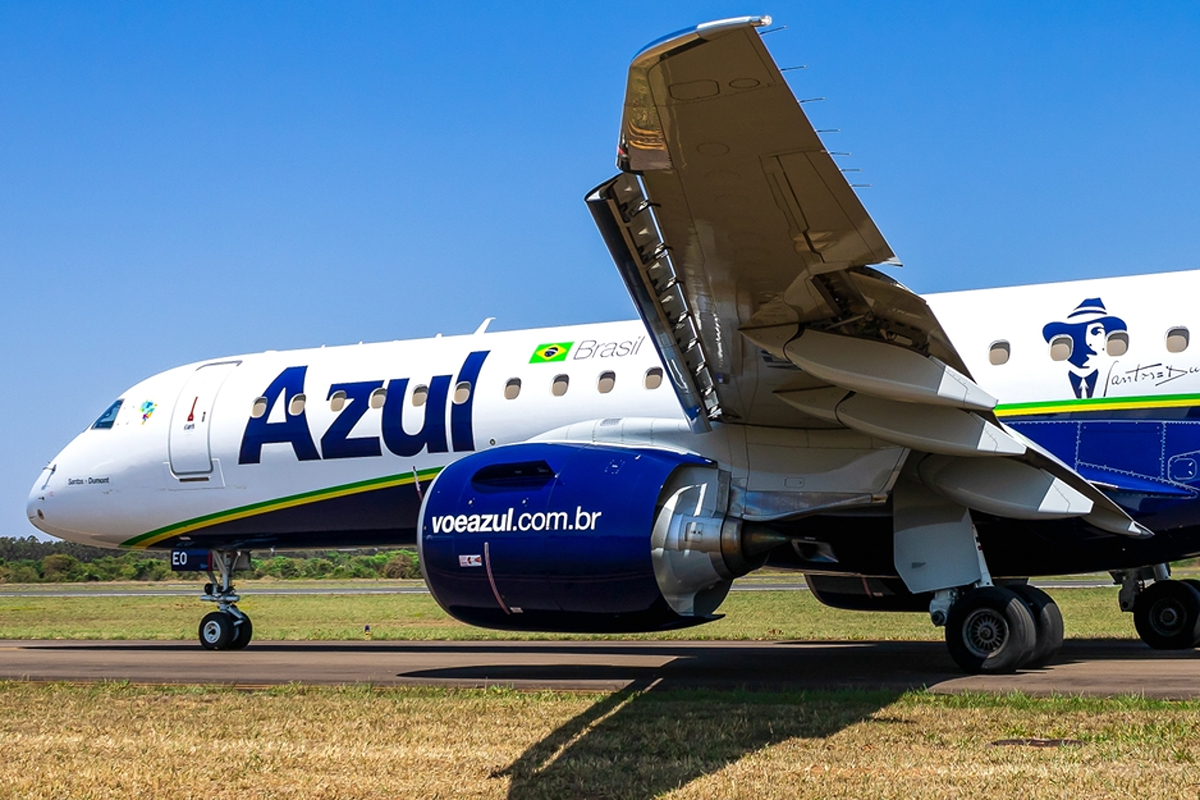Brazilian airline Azul Linhas Aéreas Brasileiras (Azul) has announced that it has signed a non-binding agreement with Abra Group-owned Gol Linhas Aéreas Inteligentes SA (GOL) to enter into potential merger talks. The announcement, made on Wednesday, January 15, 2024, has the potential to create Brazil’s largest airline group, surpassing the Brazilian division of LATAM Airlines, the country’s current leader in terms of passenger numbers.
The non-binding agreement marks the start of a process that could see the combination of the two airlines’ respective businesses, although it is understood that both carriers are expected to keep their own Air Operating Certificates (AOCs) and retain their individual brands and operations under separate entities. Currently, the two airlines have approximately 90% complementary routes with minimal overlap across their route networks.
The signing of the Memorandum of Understanding by the parties includes governance and capital structure agreements, although no further details or terms of the deal have been disclosed by either party at this stage.


The proposed merger would create a new dominant force in the Brazilian commercial airline market. Combined, Azul and GOL transported 57.4 million passengers in 2024, a figure that represents a 61.4% share of the Brazilian domestic market share. In 2024, Azul operated 290,100 passenger flights while GOL operated 204,300 departures. Azul’s number is relatively high as the carrier tends to operate smaller regional aircraft on higher-frequency, short-sector flights.
Additionally, the combined fleet of Azul and GOL would comprise 327 aircraft, including 138 from GOL and 189 from Azul plus its subsidiaries. This figure would dwarf the aircraft fleet operated by LATAM Brasil, which currently stands at 163 aircraft. Together, the three airlines handle a huge 98.9% of domestic passenger transport in Brazil.
“Azul was created to expand the Brazilian airline market, increasing Brazilians’ access to air travel, regardless of where they are in the country, through expanded connectivity,” said John Rodgerson, Azul’s CEO. “This combination of forces will provide the opportunity to strengthen the sector, increase the number of flights offered, reach more than 200 cities served in Brazil, and the ability to compete in a highly globalized sector.”
“Increased connectivity and job creation are among the many positive results expected from this agreement, while also delivering high-quality service and the search for the best value for money for the consumer,” Rodgerson added.


The completion of the transaction is subject to several strict conditions which include reaching an agreement on economic terms, successful due diligence, finalizing definitive agreements, obtaining corporate and regulatory approvals (such as clearance from Brazilian antitrust authorities), and the satisfaction of customary closing conditions.
According to analysts, the potential deal represents a financial lifeline for GOL, Brazil’s largest independent low-cost airline, which has been bogged down in Chapter 11 bankruptcy protection proceedings since the start of 2024 as mounting losses and crippling aircraft leases threatened to sink the budget carrier.


The filing, made in the United States bankruptcy court of the Southern District of New York requested the airline be given time to restructure its finances without the threat of legal action being taken by creditors which may have grounded the airline, perhaps permanently.
The proposed merger has the potential to reshape the airline landscape in Brazil which is vital for transporting its 220 million inhabitants around the vast country. With around 110 million journeys being made by air each year, the Brazilian domestic market still has huge potential for growth with the propensity to travel soaring in the post-pandemic age. Both carriers are hoping that the signing of this agreement will see the newly combined carrier better placed to take advantage of this burgeoning potential.

